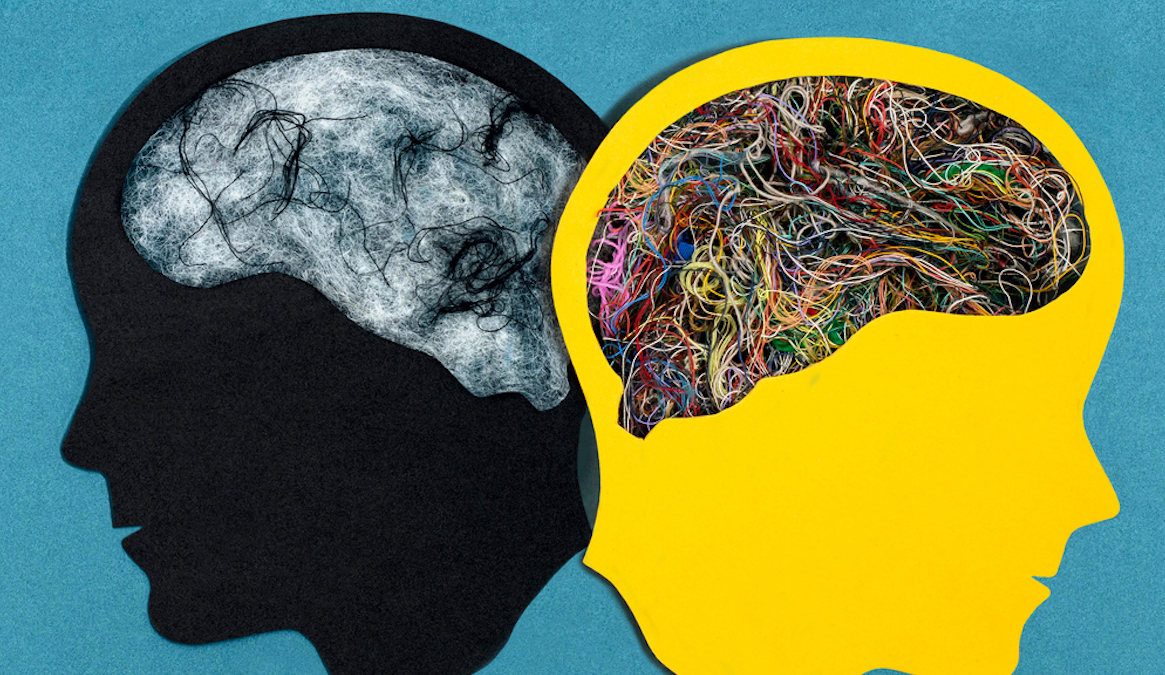
It can be difficult to differentiate between bipolar disorder and depression. In fact, many people use the terms interchangeably. However, there are some key differences between the two conditions. In this blog post, we will discuss the symptoms of bipolar disorder and depression, as well as how they differ from each other. We will also provide information on treatment options for both conditions.
What is bipolar disorder, and what are the symptoms?
Bipolar disorder is a mental illness that causes extreme shifts in mood, energy, and activity levels. Symptoms can include periods of depression, characterized by low energy and a loss of interest in activities, and periods of mania, characterized by high power and an inflated sense of well-being. Bipolar disorder can be debilitating, making it difficult to maintain relationships, hold down a job, or even take care of everyday tasks. However, many people with bipolar disorder can lead happy and productive lives with psychiatric treatment.
What is depression, and what are the symptoms?
Depression is a mental health disorder that affects how a person thinks, feels, and behaves. People with depression may experience a wide range of symptoms, including sadness, hopelessness, anxiety, irritability, fatigue, and difficulty concentrating. Depression can also lead to physical problems such as headaches, stomachaches, and insomnia. In severe cases, depression can even lead to thoughts of suicide. While depression is a severe condition, it is essential to remember that it is treatable. With help from a mental health professional, people with depression can learn to manage their symptoms and live meaningful lives.
How do you know if you have bipolar disorder or depression, or both conditions?
Bipolar disorder and depression are both mental health conditions that can cause a range of symptoms. However, there are some key differences between the two disorders. For instance, bipolar disorder is characterized by episodes of mania or hypomania in addition to periods of depression. These episodes can last for days, weeks, or even months, and can vary in intensity. In contrast, depression is characterized by a more consistent low mood. While people with bipolar disorder may also experience depressed moods, they will also have periods where they feel excessively happy or irritable. Other common symptoms of bipolar disorder include sleep problems, difficulty concentrating, and impulsive behavior. If you are experiencing any of these symptoms, it is important to speak to a mental health professional who can help you to make a diagnosis.
How are bipolar disorder and depression treated, and which treatment is best for you?
There are two main types of treatment for bipolar disorder and depression: medication and talk therapy. Medication can help to stabilize mood swings and relieve symptoms of depression, while talk therapy can help to identify negative thought patterns and develop healthy coping mechanisms. The best treatment plan will vary depending on the individual, but medication and talk therapy can effectively manage bipolar disorder and depression. Sometimes, a combination of medication and talk therapy may be the best option. If you are dealing with bipolar disorder or depression, it is important to work with a mental health professional to develop a treatment plan for you.
What should you do if you think you might have bipolar disorder or depression or if someone close to you has been diagnosed with one of these conditions?
Bipolar disorder and depression are both serious mental illnesses that can significantly affect a person's quality of life. If you think you might be suffering from bipolar disorder or depression, it is important to seek professional help. A qualified mental health professional can provide an accurate diagnosis and develop an effective treatment plan. If someone close to you has been diagnosed with bipolar disorder or depression, it is important to offer your support. Try to be understanding and patient, encouraging the person to seek professional help. Remember that bipolar disorder and depression are both medical conditions that require treatment. People with these conditions can lead happy and fulfilling lives with proper care.
Bipolar disorder and depression are both serious mental illnesses that can profoundly affect an individual’s life. If you think you might be suffering from either condition, it is important to seek professional help. While there is no cure for bipolar disorder or depression, treatments available can help manage the symptoms and improve quality of life. If you have been diagnosed with bipolar disorder or depression, or if someone close to you has been diagnosed, it is important to learn as much as possible about the condition and how best to manage it.
